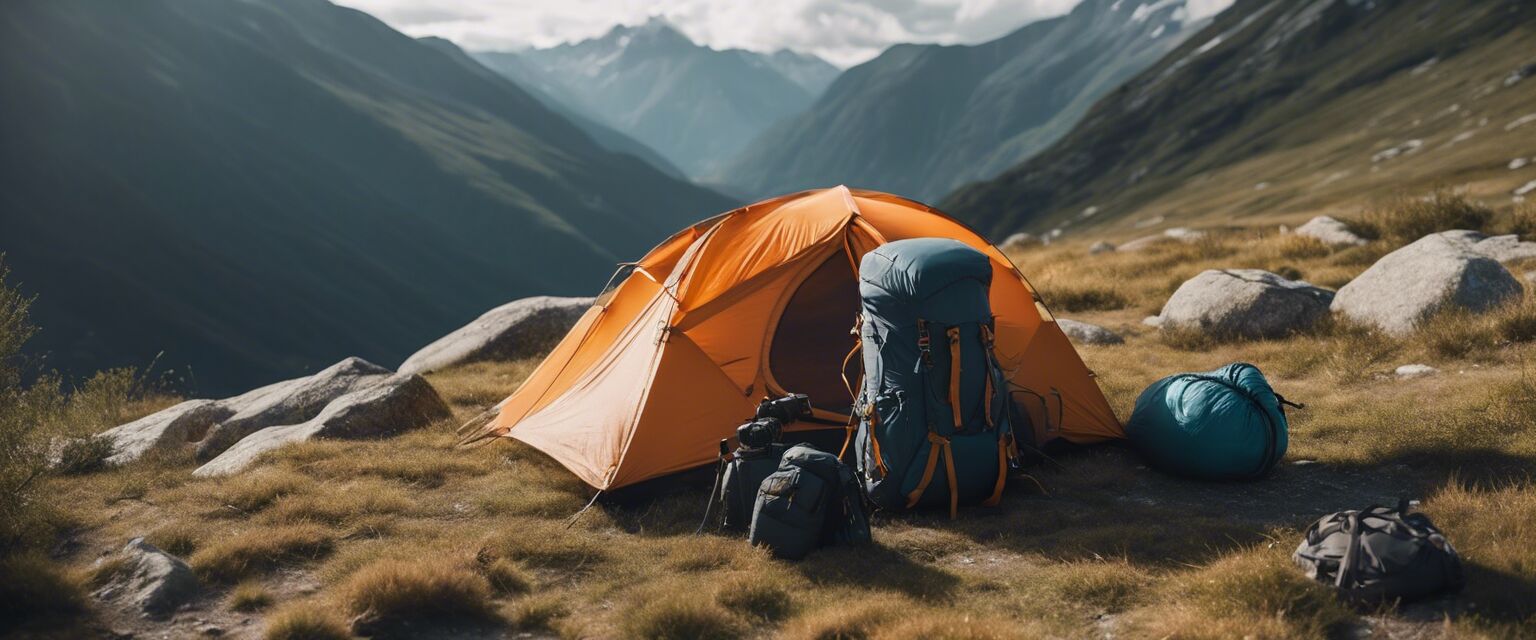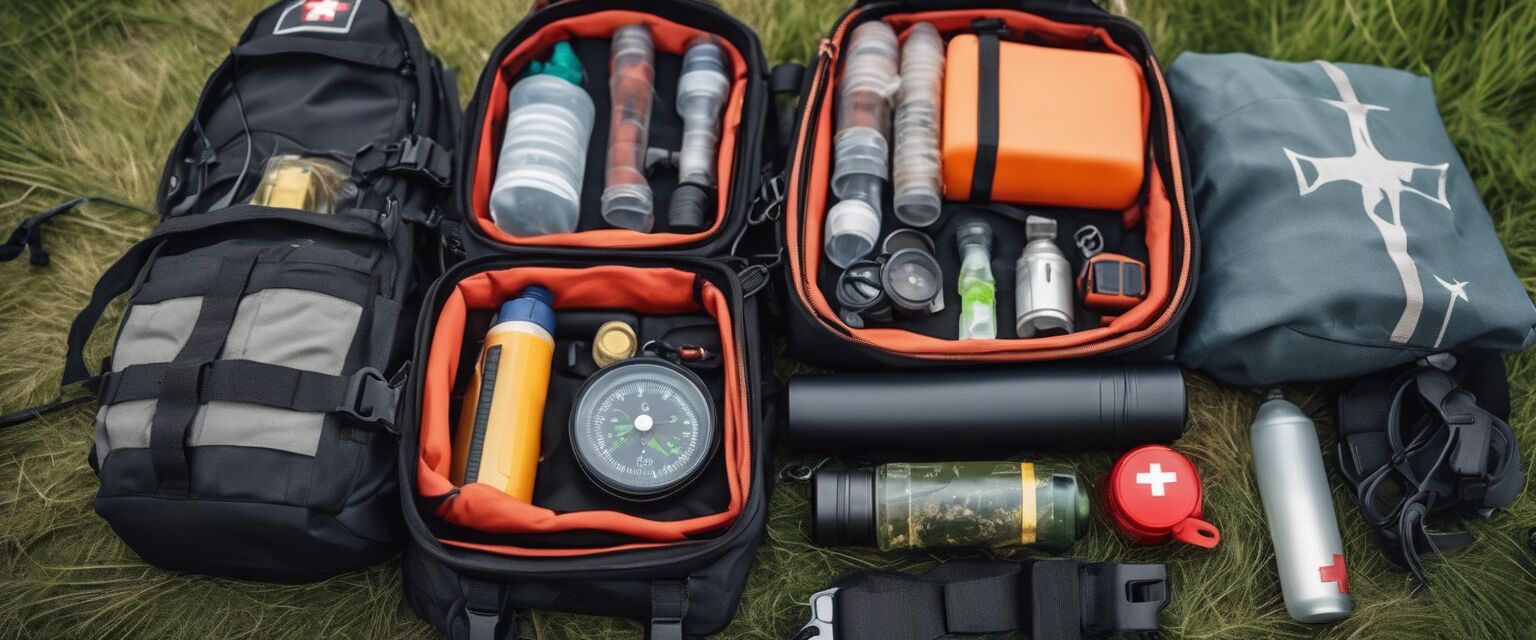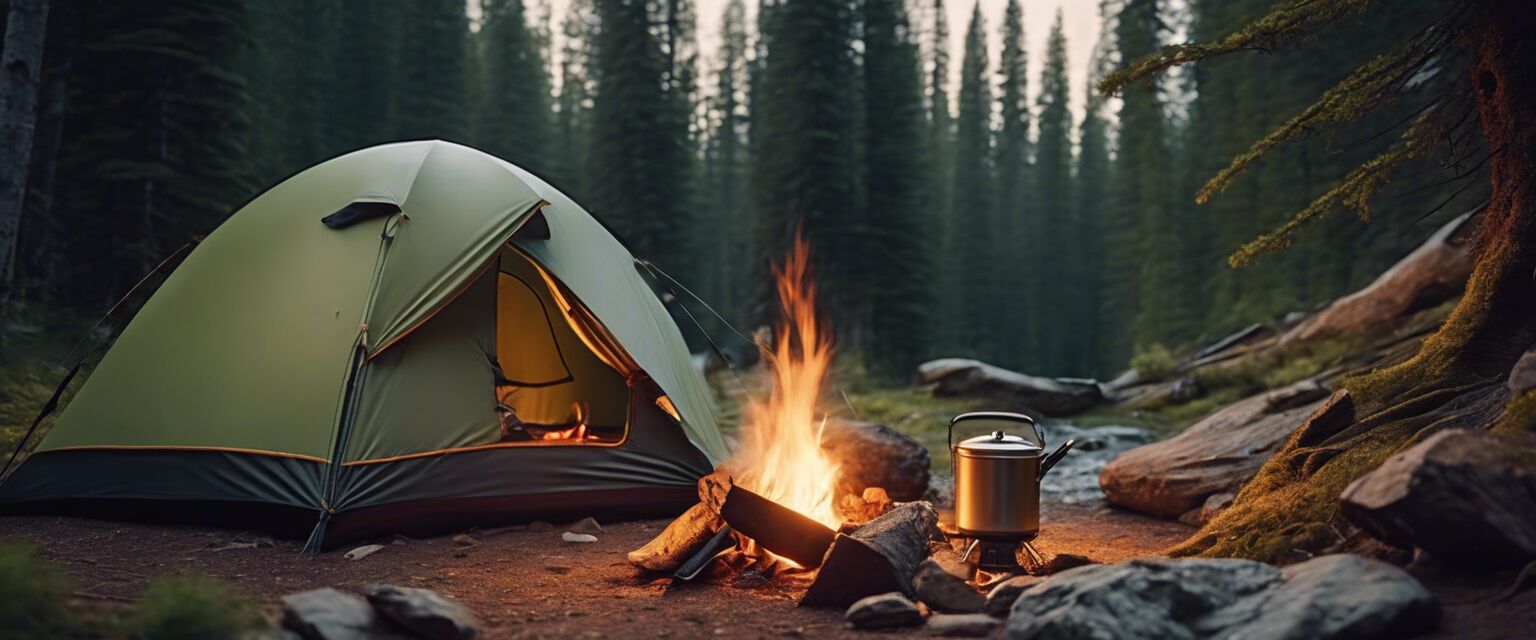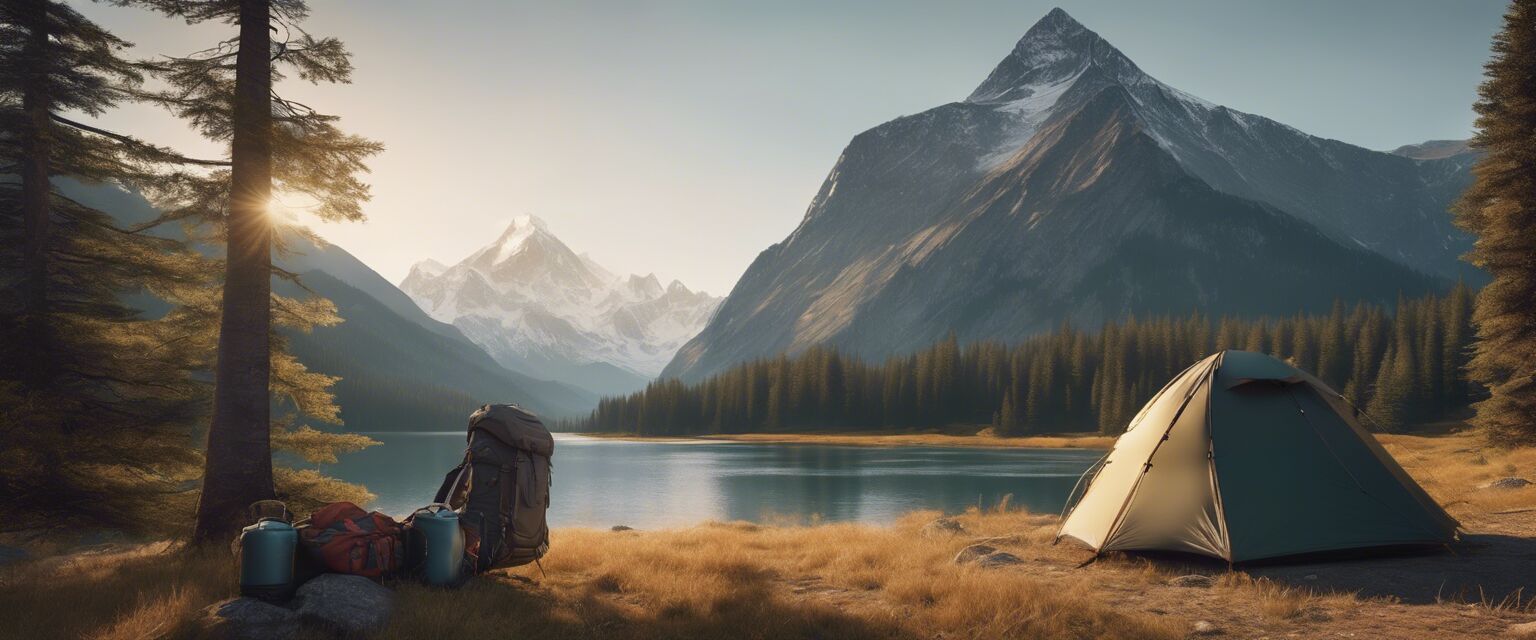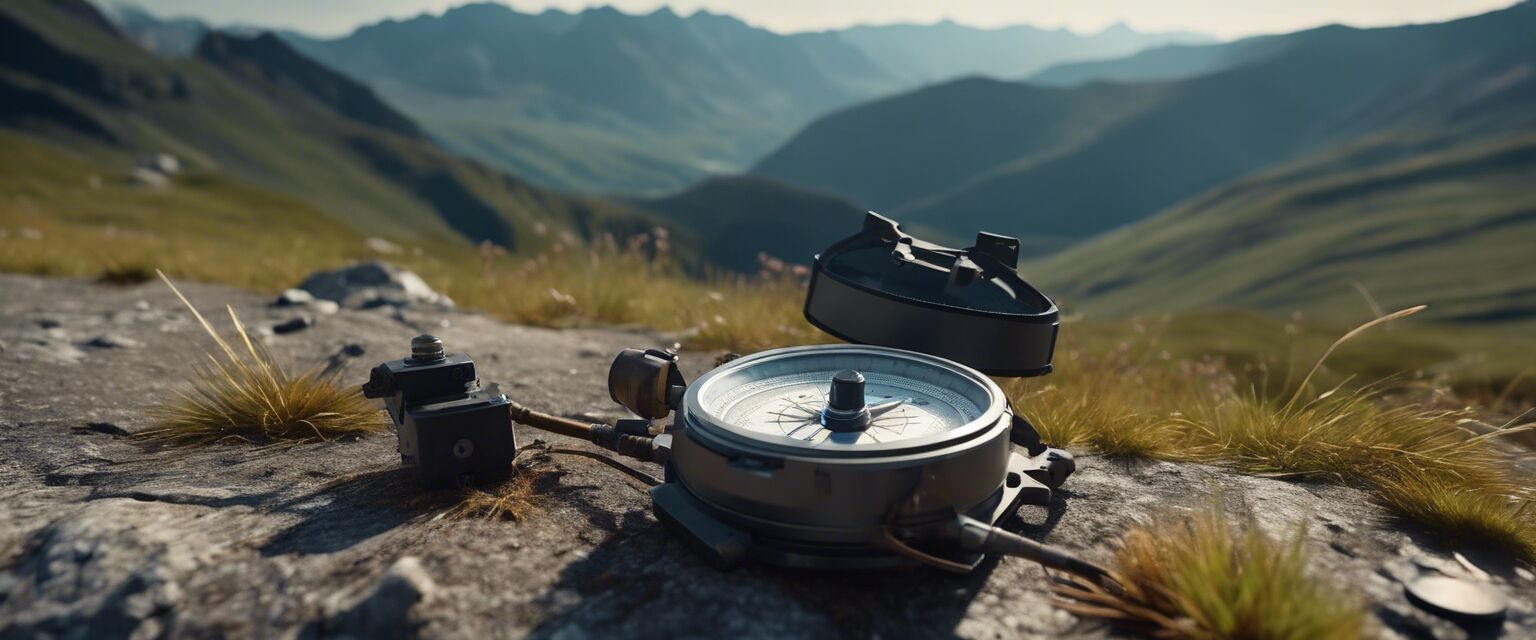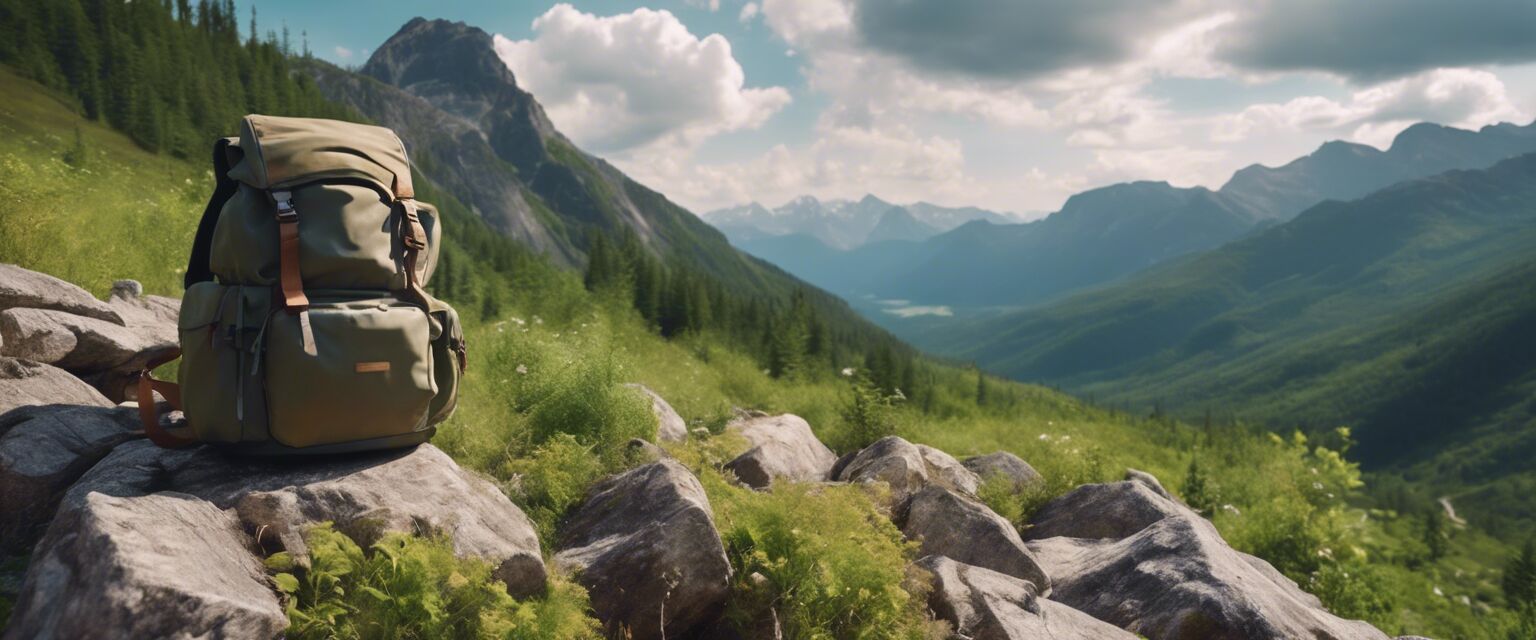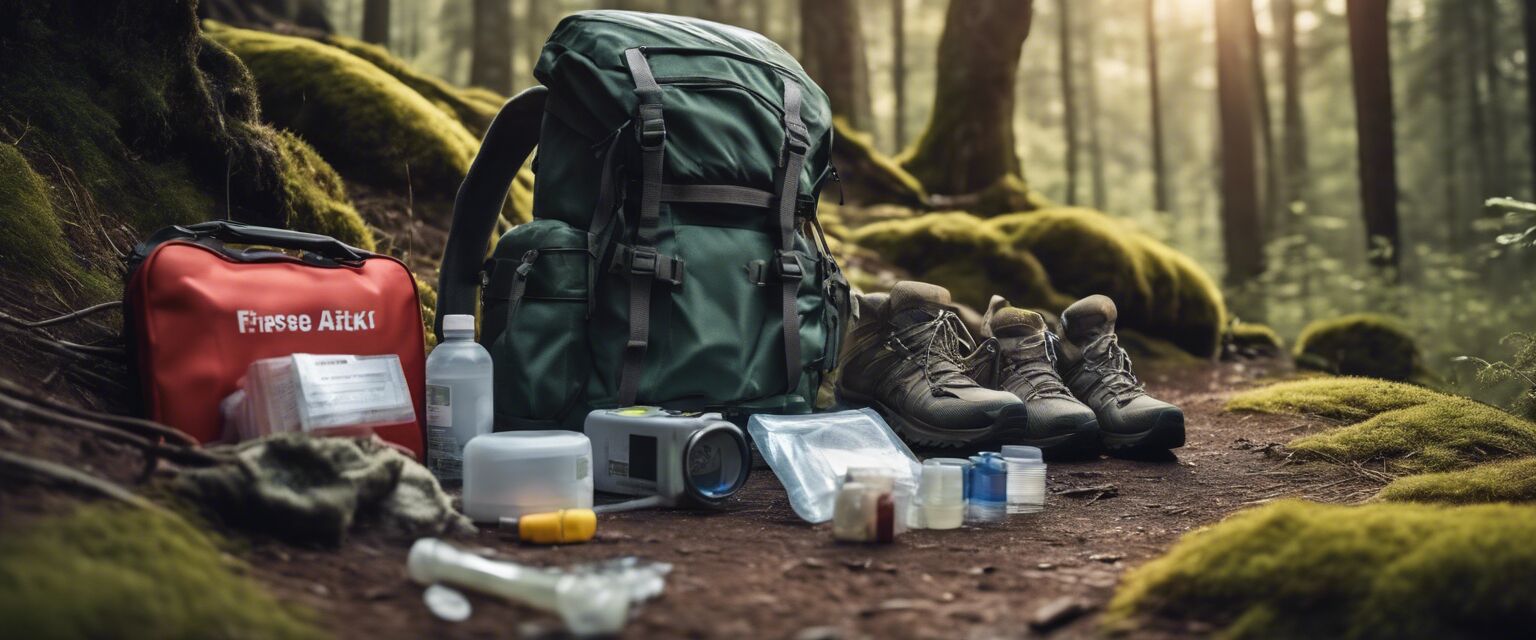
First Aid and Safety: The Essentials for Backpacking Trips
When venturing into the great outdoors, it's crucial to prioritize safety and be prepared for any situation. First aid kits and safety equipment are essential components of any backpacking trip, and neglecting them can have serious consequences.
Key Takeaways:
- First aid kits should include basic medical supplies, such as bandages, antiseptic wipes, and pain relievers.
- Safety equipment, like headlamps, whistles, and fire starters, can help in emergency situations.
- It's essential to check the expiration dates of first aid kit supplies and replace them as needed.
- Knowing basic first aid techniques, such as CPR and wound cleaning, can make a significant difference in an emergency.
Why First Aid and Safety Equipment Matter
Backpacking trips often involve venturing into remote areas with limited access to medical facilities. In the event of an accident or illness, having a well-stocked first aid kit and safety equipment can be a lifesaver. Even minor injuries, such as cuts or sprains, can become serious if not treated promptly and properly.
The Essentials of a First Aid Kit
A basic first aid kit should include the following items:
| Item | Description |
|---|---|
| Bandages | Assorted sizes and types, including gauze pads and rolls |
| Antiseptic Wipes | For cleaning wounds and preventing infection |
| Pain Relievers | Acetaminophen or ibuprofen for relieving pain and reducing fever |
| Antibiotic Ointment | For preventing infection in wounds |
| Blister Care | Moleskin or blister pads for preventing and treating blisters |
Safety Equipment for Backpacking
In addition to a first aid kit, it's essential to carry safety equipment that can help in emergency situations. Some essential items include:
- Navigation tools, such as compasses and GPS devices, to help you find your way back to civilization
- Headlamps or flashlights to provide light in the dark
- Whistles to signal for help in case of an emergency
- Fire starters, such as lighters or waterproof matches, to start a fire for warmth and signaling
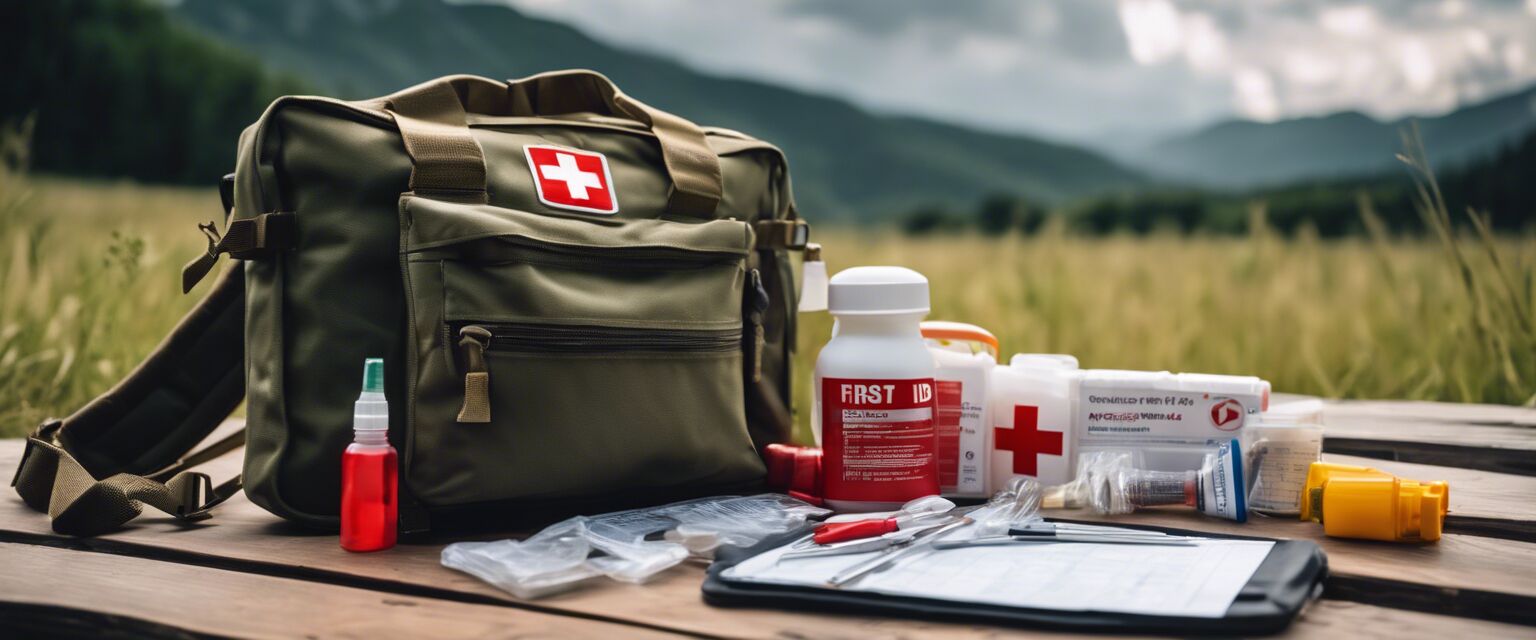
Maintaining Your First Aid Kit
It's crucial to regularly check the expiration dates of your first aid kit supplies and replace them as needed. Additionally, make sure to restock your kit after each use to ensure it's always fully stocked.
Learning Basic First Aid Techniques
Knowing basic first aid techniques, such as CPR and wound cleaning, can make a significant difference in an emergency. Consider taking a first aid course or reading up on basic techniques to ensure you're prepared in case of an emergency.
Pros of Being Prepared
- Increased safety and peace of mind on backpacking trips
- Ability to respond effectively in emergency situations
- Reduced risk of serious injury or illness
Cons of Neglecting First Aid and Safety
- Increased risk of serious injury or illness
- Prolonged recovery time from accidents or illnesses
- Potential legal or financial consequences of neglecting safety
Conclusion
First aid and safety equipment are essential components of any backpacking trip. By prioritizing safety and being prepared, you can minimize the risk of accidents and ensure a safe and enjoyable trip.
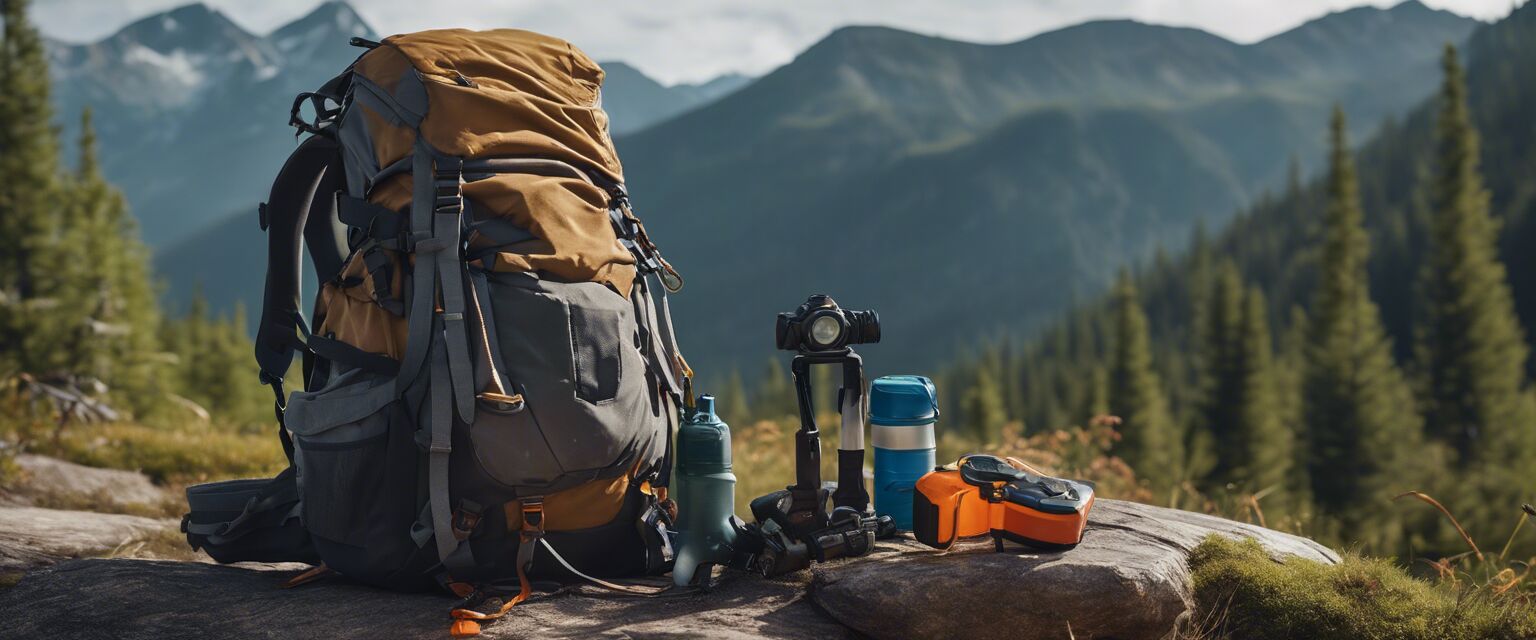
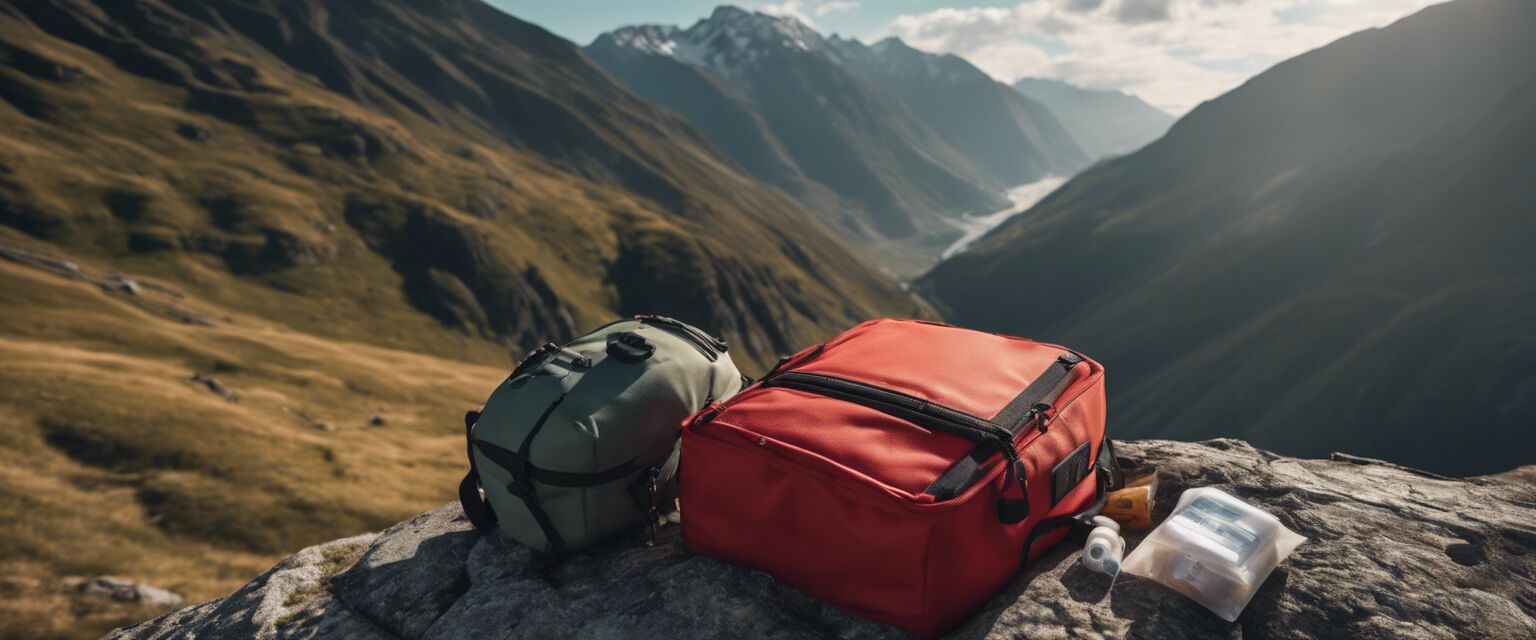
Remember to always check the expiration dates of your first aid kit supplies, restock your kit after each use, and consider taking a first aid course to ensure you're prepared in case of an emergency.
Beginners Section
- Start by creating a basic first aid kit with essential supplies.
- Consider taking a first aid course to learn basic techniques.
- Make sure to check the expiration dates of your first aid kit supplies regularly.

